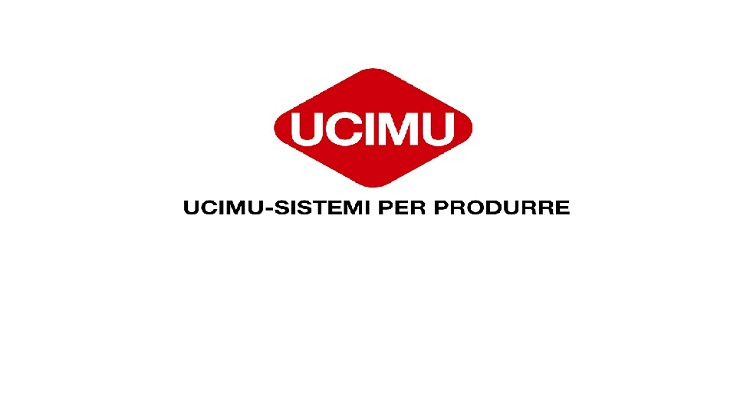In the fourth quarter of 2014, the index of machine tool orders, processed by the Studies Dept. of UCIMU-SISTEMI PER PRODURRE, registered a 19.1% increase compared with the same period of the previous year, for an absolute value of 138.4 (basis 2010=100). The global outcome was determined by the positive results achieved by the manufacturers in Italy, as well as abroad.
The index of orders collected in the foreign markets reported a 19.3% upturn versus the period October-December 2013, for an absolute value of 134.8.
The domestic orders index recorded a new growth, in the amount of 18.8% in comparison with the same period of the previous year, for an absolute value of 163.3.
On an annual basis, the index showed an average increase amounting to 14.7% in comparison with 2013 (absolute value 118.5). The outcome was determined by the positive performances of manufacturers in the foreign market (+10.1%), as well as by the good results achieved on the domestic market (+37.2%) which went back to investing in capital goods, supported by the introduction of the New Sabatini Law.
“This last survey – stated Luigi Galdabini, President of UCIMU-SISTEMI PER PRODURRE – highlights that there were five consecutive quarters of growth registered by the index processed by our Studies Dept.; this certainly confirms a good expectation for the near future, taking into account that the collection of orders will materialize in production in the next six-eight months”.
Alfredo Mariotti, General Manager of UCIMU-SISTEMI PER PRODURRE, pointed out: “These data and the good forecasts for 2015, – which is envisaged as a positive year for the Italian and for the European machine tool sector, as confirmed by the figures Oxford of Economics, – are a good omen for the success of EMO MILANO 2015, the world exhibition of the sector, hosted in Italy every six years (alternating only with Germany). Ten months before the tradeshow scheduled at fieramilano from 5 to 10 October, 1,100 companies have already sent their applications for participating, booking an exhibition surface of over 100,000 square meters (95,455 sq m was the final surface booked in the last edition, 2009).
“On the other hand – went on Luigi Galdabini – the recovery of the Italian demand for machine tools shows that the manufacturing industry of our country is getting back on track. We hope that this new phase will be confirmed even in the long term, to the benefit of the whole country system”.
“In this connection, the introduction of the New Sabatini Law, in force since last March, plays and will play a fundamental role which goes far beyond the mere economic calculation of the financed operations. According to the note of the Ministry for the Economic Development, at the end of 2014, funds amounting to 1,048 million euro were granted by the public financial institution “Cassa Depositi e Prestiti”, for 3,681 accepted applications. From our observatory of entrepreneurs we can say that the value of the measure is much higher in comparison with the over 2,000 million euro of investments financed so far: it corresponds to the injection of trust brought into the market by the New Sabatini Law. For this reason our Association fought in order to have this measure again within the Decree Law of Stability 2015. Now, it welcomes the decision included in the Investment compact, which allows to obtain a state subsidy on the interest paid also by using autonomous funding on loans granted by banks and leasing companies, without utilizing the funds offered by Cassa Depositi e Prestiti”.
“This said, however it is necessary to stress again the need for specific measures capable of supporting, in a structured way, the relaunch of the domestic market and of the Italian manufacturing sector. A complementary action to the New Sabatini Law should be the liberalization of depreciation on purchased capital equipment and the revision of coefficients for its calculation, dating back to 1988”.
“Finally – concluded Galdabini – the recovery of machine tool consumption in Italy is an issue of interest not only for manufacturers, but, on the contrary, it is and must be more relevantly among the priorities of our country, whose manufacturing industry is working with more and more obsolete and less efficient production technologies. To avoid a loss in competitiveness in our country system, we need to consider an incentive programme to support the replacement of obsolete machinery. The provision, which was favourably considered by Vice Minister Calenda, could actually give a shake to machinery consumption, but most of all it would encourage the necessary modernisation of production plants, in response to the companies’ requirements of higher productivity and of compliance with stricter and stricter regulations in terms of energy saving and improvement of safety standards at the workplace”.


